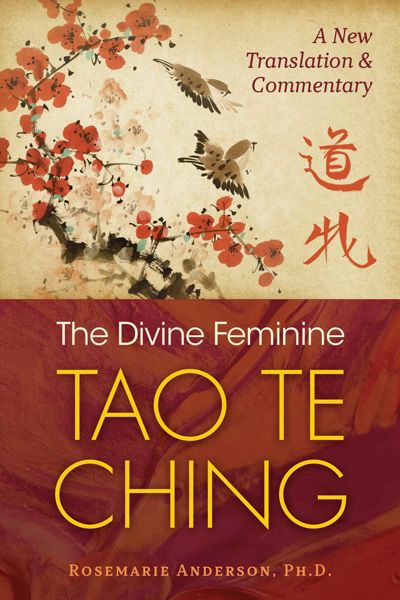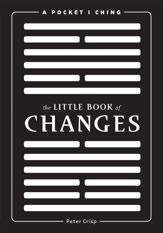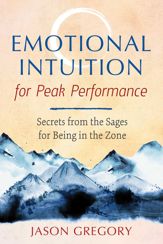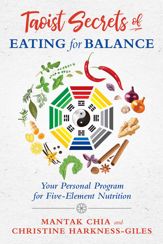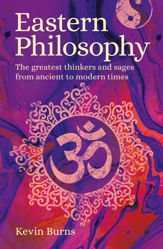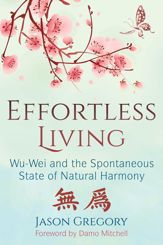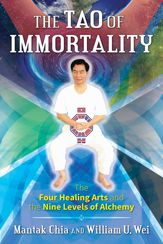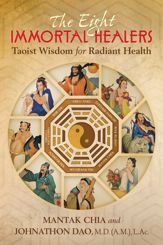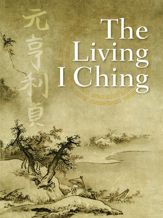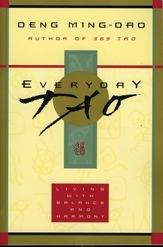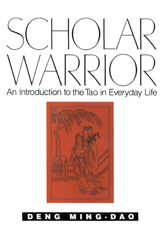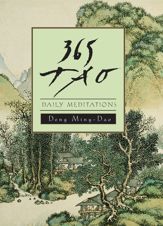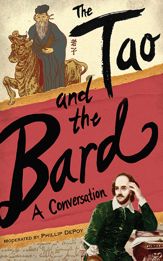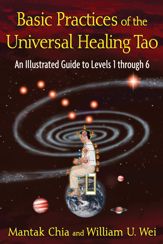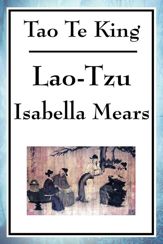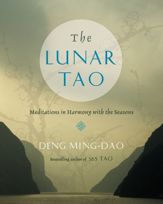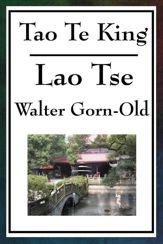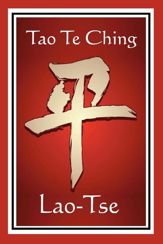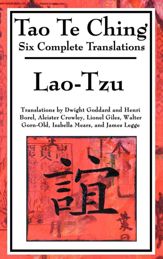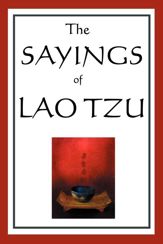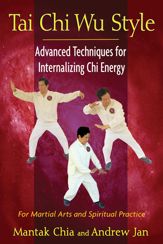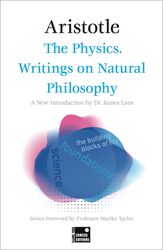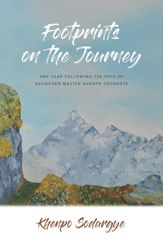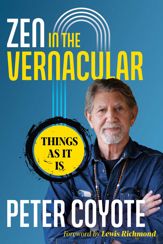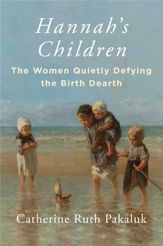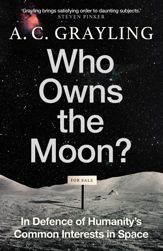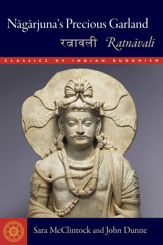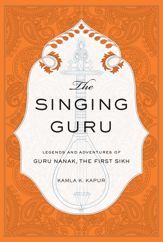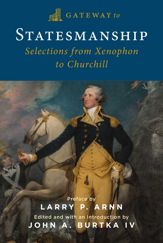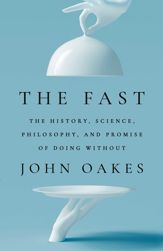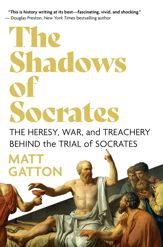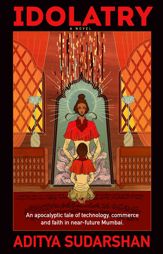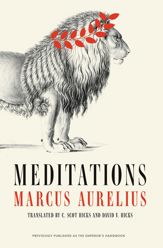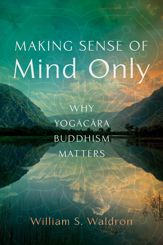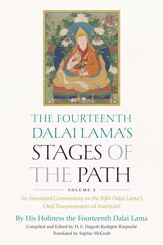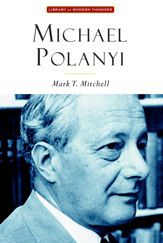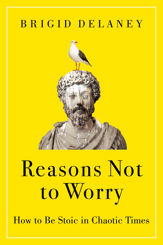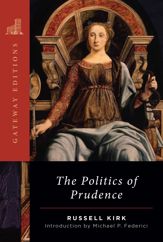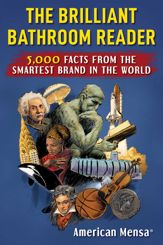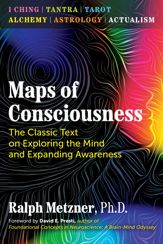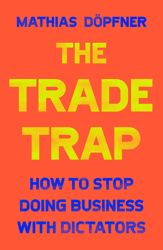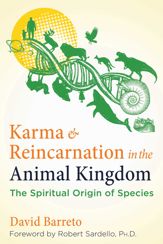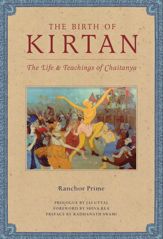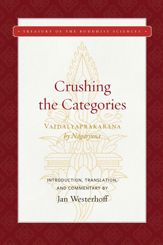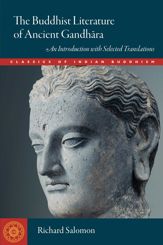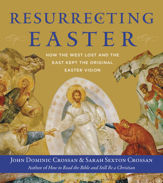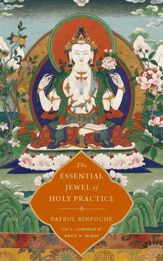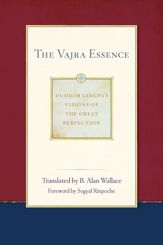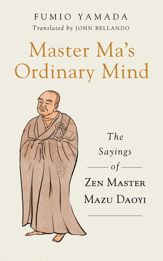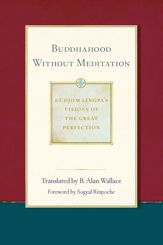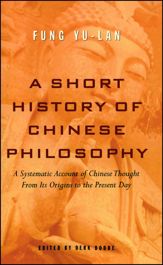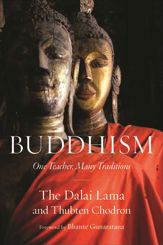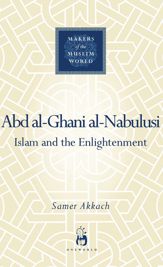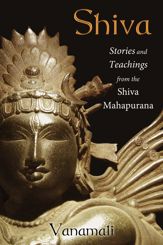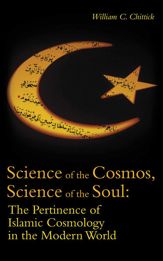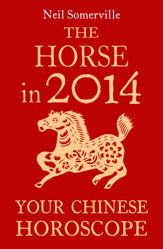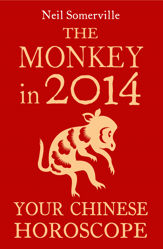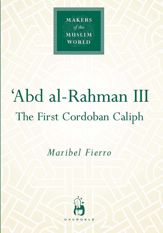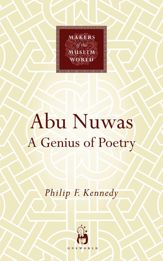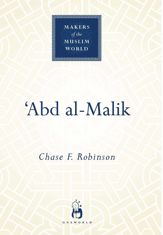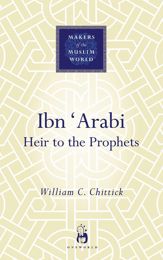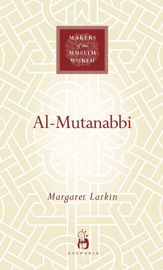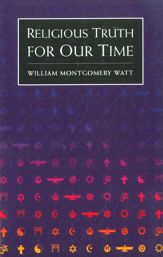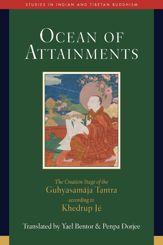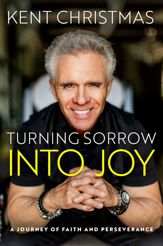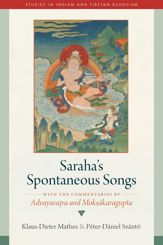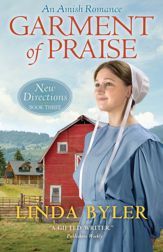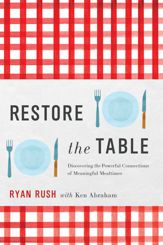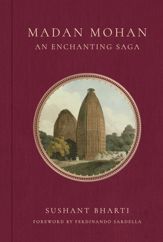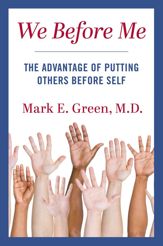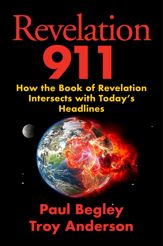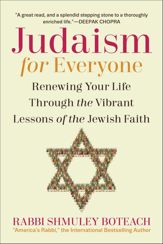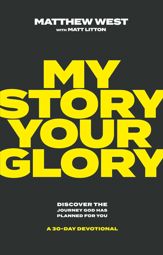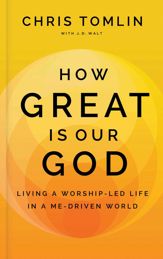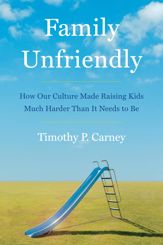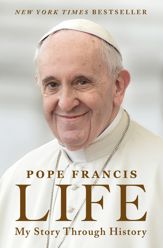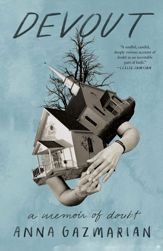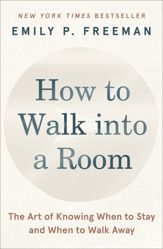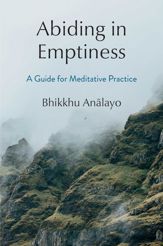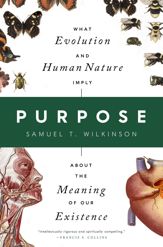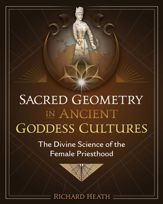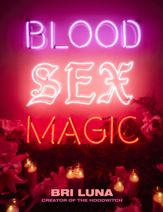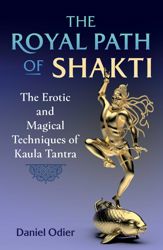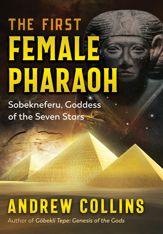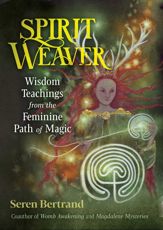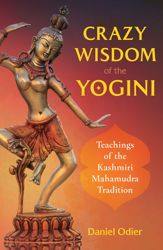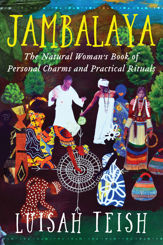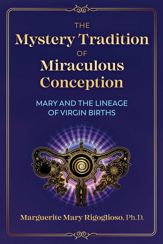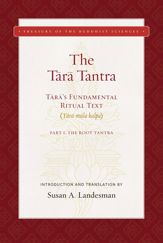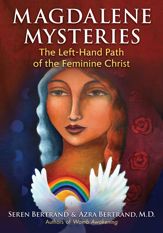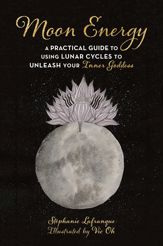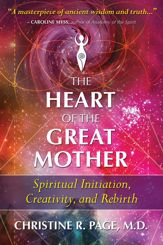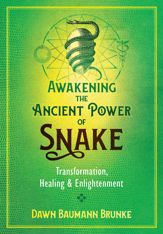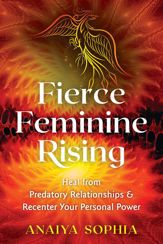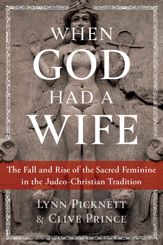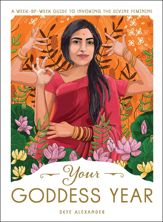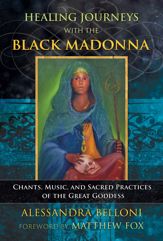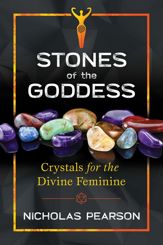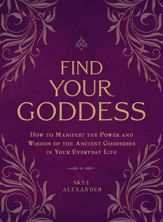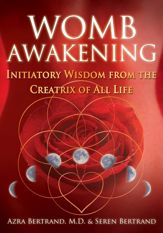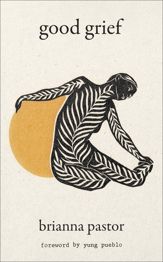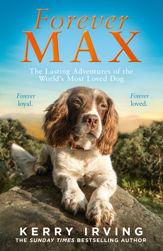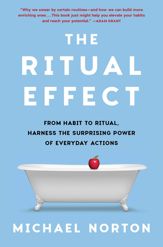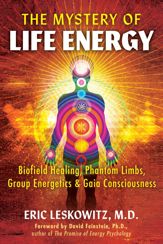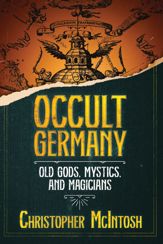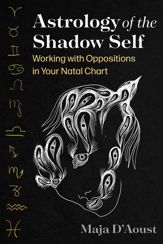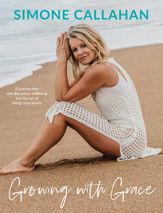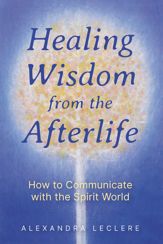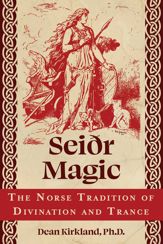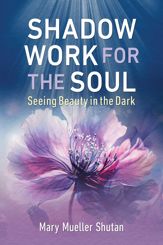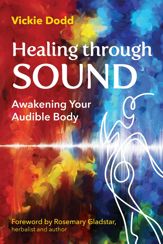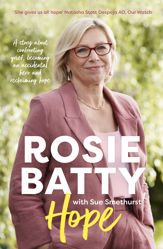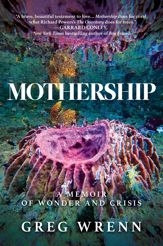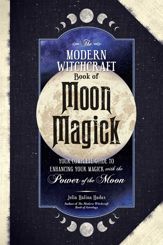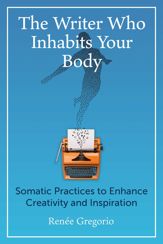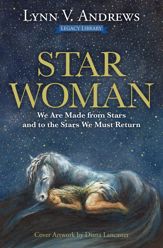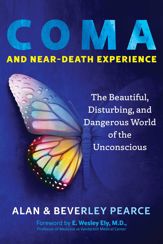“Rosemarie Anderson’s translation of the Tao Te Ching is perhaps the truest reflection of this ancient text, which refers to the Tao not in an impersonal way but in a feminine way. Anderson’s contemplative approach also adds to technical accuracy--the lyricism, beauty, and mysticism of the original way the verses were performed. Her stunning achievement revitalizes this venerable wisdom and powerfully evokes its deeper meanings.”
Description
• Restores the feminine essence of the Tao Te Ching as well as the simplicity and poetic undertones of the chapters
• Offers commentary for each of the 81 chapters and key Chinese characters to reveal their profound wisdom
• Translated from ancient silk and bamboo slip manuscripts, the oldest known copies of the Tao Te Ching
• Paper with French flaps
In this book, Rosemarie Anderson shares her discoveries of the Divine Feminine Tao alongside her original translation of the Tao Te Ching. Working from ancient silk and bamboo slip manuscripts, the oldest known copies of the Tao Te Ching, the author slowly translated all 81 chapters over the course of two years, allowing each section to reveal its intimate poetic and spiritual nature. To her surprise, she discovered that the Tao was unmistakably feminine, consistently referred to as “mother,” “virgin,” and the “womb” of creation.
Anderson explains how the Tao is a feminine force, the Dark Womb of Creation, the Immortal Void renewing life again and again in ordinary times and in times of crisis. She offers commentary for each of the 81 chapters to help reveal their profound wisdom. The author also restores the chapters’ simplicity and musical undertones, explaining how, in the original Chinese manuscripts, the text is poetic and rhymed because the Tao Te Ching was often recited or sung--yet most English translations are written in scholarly prose with long sentences and complex syntax. She shows how the great Tao’s message of wei wu wei--“act without acting” and “do without doing”--offers a path of peace and well-being for ourselves and for our relationships with others and the earth, a path that arises from spontaneous action that seeks no gain for the self.
Capturing the original feminine nature of this ancient text, Anderson’s translation sheds new light on the esoteric wisdom contained within the Tao Te Ching and on the mystical feminine essence of the Tao.
Reviews
“Centering on the Tao as ‘womb of the universe’ and Te as both ‘virtue’ and potentiality, Rosemarie Anderson gives us a delightful ease of engagement with the ancient Chinese wise sayings. Her embodied approach is heart-opening; the crisp, direct lines are invitational; and the artful spacing of the layout adds to the beauty. I feel at home in this translation. And more to the point, it’s exactly what we need now that things are falling apart. Peaceful means could further our survival.”
“Rosemarie Anderson’s unique translation of the Tao Te Ching allows us, for the first time, to experience the mystical feminine essence of the Tao--a combination of the power and tenderness, exhortation and patience of the Divine Mother--and invites us to walk the path of transformation for ourselves. Rosemarie translates like a poet--lingering, listening into the rhythm and texture of the words, allowing each phrase to speak its wisdom. And that’s exactly how you should read this book. In doing so, your relationship with the Tao will be forever enriched.”
“A lovely book. A good translation is a journey, and this translation is a journey worth taking. e Tao may be an ancient landscape, but the trails on which we’re invited to follow the translator are always new.”
